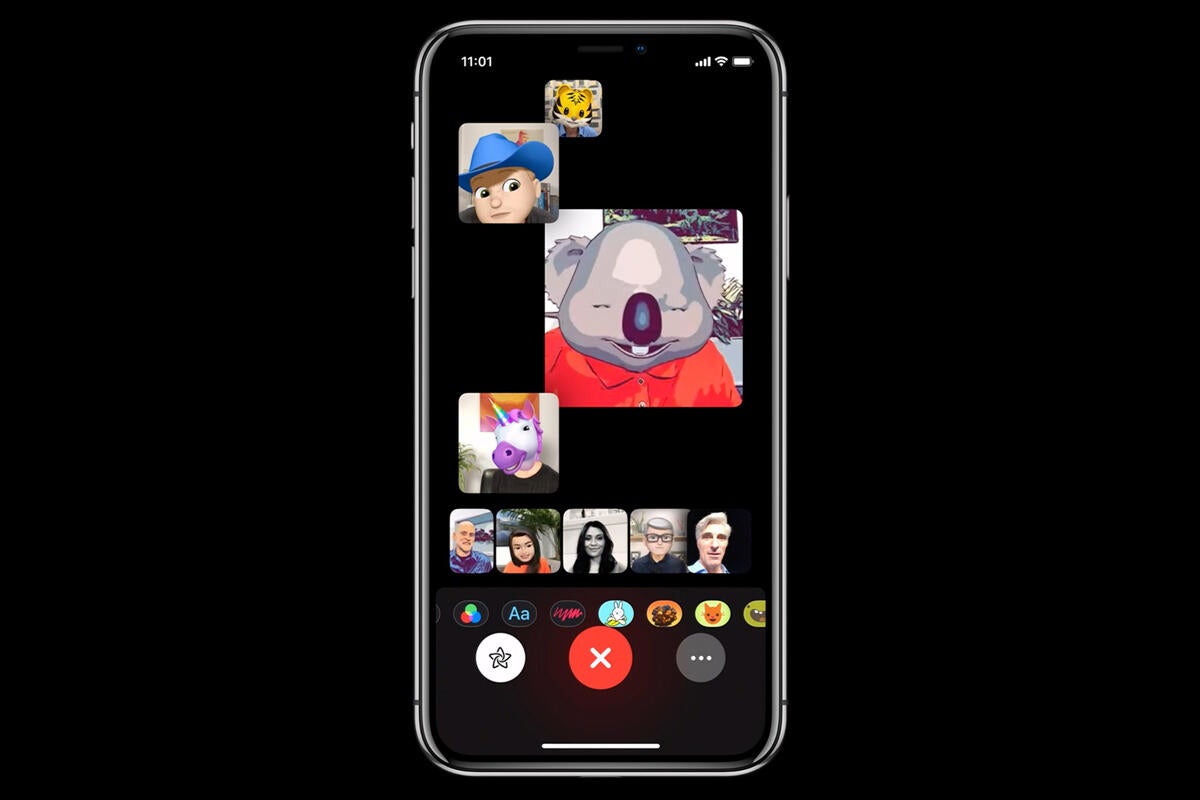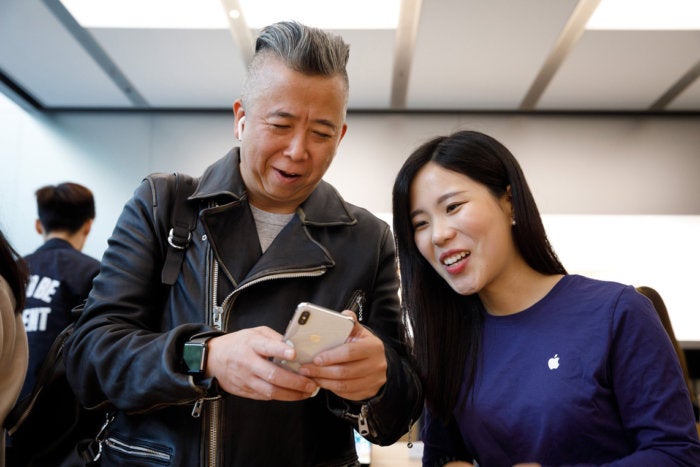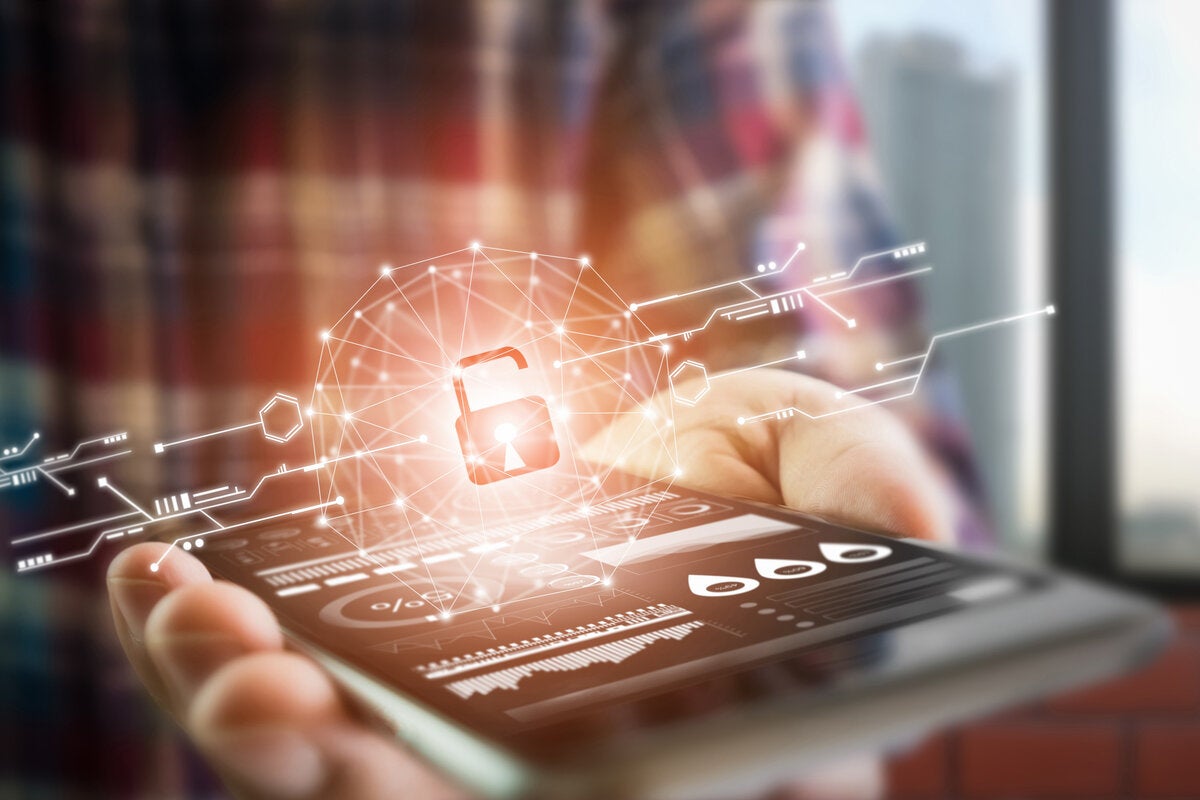Why Apple is disabling Safari’s Do Not Track feature

Credit to Author: Jonny Evans| Date: Thu, 07 Feb 2019 03:34:00 -0800
Apple takes privacy very seriously. It takes its leadership in that care seriously, and getting rid of the voluntary ‘Do Not Track’ setting in its Safari browser is the right decision.
Why disabling Safari’s Do Not Track feature is the right thing to do
Apple introduced support for Do Not Track (DNT) in iOS 7, but removed the feature in Safari 12.1.
The problem with DNT is that the signal it sends to websites, analytics firms, plug-in makers and ad networks is a voluntary request, and can be ignored.





